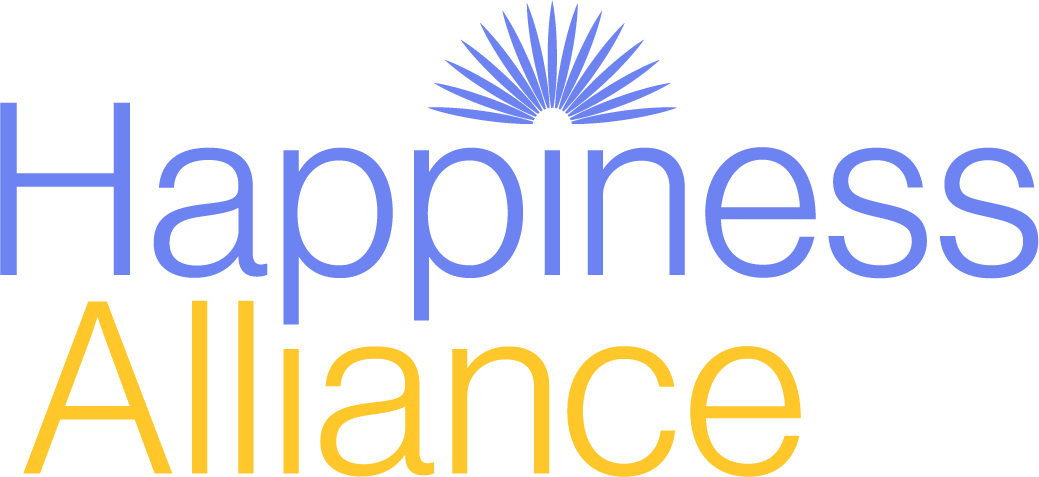Anna PettiniAnna is Associate Professor at the University of Florence since December 2003 (habilitation to full professorship 2014). She works at the School of Political Sciences and serves as President of the degree course in Political Sciences, Vice-president of the School in Political Sciences “Cesare Alfieri”; Scientific director of DataLifeLab and Coordinator of the Master in Digital Transformation. She is a member of the Department of Economics and Business Sciences. She teaches microeconomics and public economics, industrial economics, labor economics, advanced microeconomics and mathematical methods for economics. Her research spans from ethics and economics, to optimal taxation theory, economics of the family, price and quality discrimination; current research topics: well-being and mental health, multidimensional measures of well-being, community well- being.
|
"The coronavirus, with its economic and social fallout, is a time machine for the future. The changes that many of us predicted for the next few decades are instead happening in a matter of weeks." (New York Times, March 2020)
The pandemic has brought to the surface all the fragilities that the research on well-being had long highlighted, but which the functioning of the economic system did not allow to be addressed. In Europe, the marginalisation of the role of the state in the economy, which began in the 1990s, weakened the pillars of the welfare state, first and foremost the national health service, which proved to be undersized. The increasing lack of attention to prevention, which is electorally unprofitable, has become clear for all to see. Plans for a pandemic existed, but were not followed up or activated. Inequalities between guaranteed and non-guaranteed workers, between workers with stable and regular contracts and those without, have become the cause of new poverty. The hypotheses that science is investigating on the anthropic origin of the virus have brought attention back to the risks linked to the organisation of the entire world economic system: from intensive livestock farming to the length of value chains, our hyper-connected, hyper-crowded world, bent on the creation of financial wealth, has shown itself in all its fragility. Since the outbreak of the pandemic, 75% of people say they feel more socially isolated than before, 67% feel more stressed, 57% feel more anxious and 53% say they feel emotionally exhausted.
Is this the legacy we have built up over the last few decades? The pandemic could be a great opportunity for a change of pace, and this would be guaranteed by an overhaul of the way we measure the growth and strength of a country. GDP, as we have all known for decades, only measures material production, without calculating the value of the natural and human inputs that are "degraded" in the industrial process, thus giving a distorted view of the progress of nations and the activities of companies. It defines progress as a set of market transactions, regardless of whether they are beneficial to society or not. GDP not only conceals environmental costs, but also social costs, including inequality, crime, stress and family disintegration. Only transactions that take place in the formal economy are included in GDP, and all informal, voluntary economic activities are ignored. Thus, societies are encouraged to commercialise social life, limiting leisure and recreation and supporting industrialisation driven by big business. Between a shopping mall, which increases the profits and expenditures counted by GDP, and a public park, which is free and therefore does not appear in GDP (although it may improve the well-being of users and thus contribute to the overall economic performance of society), the policy choice almost always falls on the former.
GDP is not just a number, but also a powerful institution supporting the current economic system: it conditions political and social preferences and behaviour. Alternative measures, from the GPI to more complex multidimensional indicators such as the European Commission's Better Life Index or the Italian BES, must replace the single index that all states chase after, and become the measure of our lives.Advances in artificial intelligence systems and data science can help us make them operational. This should be the number one goal of all economies worthy of being called advanced economies.
The pandemic has brought to the surface all the fragilities that the research on well-being had long highlighted, but which the functioning of the economic system did not allow to be addressed. In Europe, the marginalisation of the role of the state in the economy, which began in the 1990s, weakened the pillars of the welfare state, first and foremost the national health service, which proved to be undersized. The increasing lack of attention to prevention, which is electorally unprofitable, has become clear for all to see. Plans for a pandemic existed, but were not followed up or activated. Inequalities between guaranteed and non-guaranteed workers, between workers with stable and regular contracts and those without, have become the cause of new poverty. The hypotheses that science is investigating on the anthropic origin of the virus have brought attention back to the risks linked to the organisation of the entire world economic system: from intensive livestock farming to the length of value chains, our hyper-connected, hyper-crowded world, bent on the creation of financial wealth, has shown itself in all its fragility. Since the outbreak of the pandemic, 75% of people say they feel more socially isolated than before, 67% feel more stressed, 57% feel more anxious and 53% say they feel emotionally exhausted.
Is this the legacy we have built up over the last few decades? The pandemic could be a great opportunity for a change of pace, and this would be guaranteed by an overhaul of the way we measure the growth and strength of a country. GDP, as we have all known for decades, only measures material production, without calculating the value of the natural and human inputs that are "degraded" in the industrial process, thus giving a distorted view of the progress of nations and the activities of companies. It defines progress as a set of market transactions, regardless of whether they are beneficial to society or not. GDP not only conceals environmental costs, but also social costs, including inequality, crime, stress and family disintegration. Only transactions that take place in the formal economy are included in GDP, and all informal, voluntary economic activities are ignored. Thus, societies are encouraged to commercialise social life, limiting leisure and recreation and supporting industrialisation driven by big business. Between a shopping mall, which increases the profits and expenditures counted by GDP, and a public park, which is free and therefore does not appear in GDP (although it may improve the well-being of users and thus contribute to the overall economic performance of society), the policy choice almost always falls on the former.
GDP is not just a number, but also a powerful institution supporting the current economic system: it conditions political and social preferences and behaviour. Alternative measures, from the GPI to more complex multidimensional indicators such as the European Commission's Better Life Index or the Italian BES, must replace the single index that all states chase after, and become the measure of our lives.Advances in artificial intelligence systems and data science can help us make them operational. This should be the number one goal of all economies worthy of being called advanced economies.

